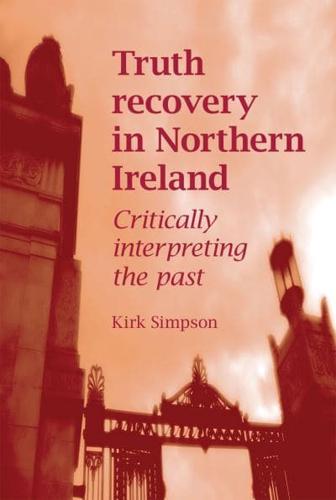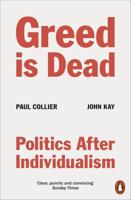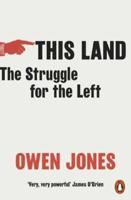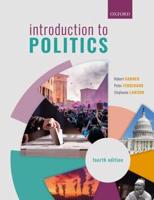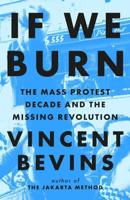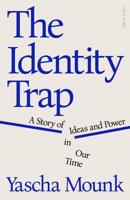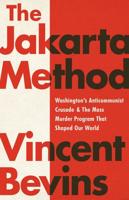Publisher's Synopsis
Unstable universalities examines the theme of universality and its place in radical political theory. Saul Newman argues that both Marxist politics of class struggle and the postmodern politics of difference have reached their historical and political limits, and that what is needed is a new approach to universality, a new way of thinking about collective politics. By exploring various themes and ideas within poststructuralist and post-Marxist theory, the book develops a new and original approach to universality - one that has important implications for politics today, particularly on questions of power, subjectivity, ethics and democracy. In so doing, it engages in debates with thinkers such as Laclau, Zizek, Badiou and Rancière over the future of radical politics. It also applies important theoretical insights to contemporary events such as the emergence of the anti-globalisation movement, the 'war on terrorism', the rise of anti-immigrant racism and the nihilistic violence which lurks at the margins of the political.
